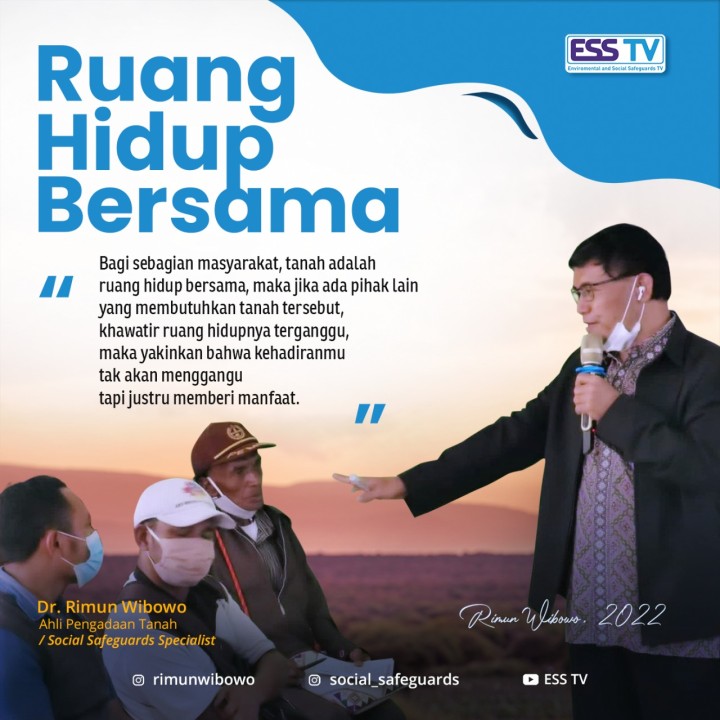For some communities, for example indigenous communities (IPs), the land they control may not be their full ownership, but only has the right to use it for life. If he dies and has no children and/or violates customary law, the land may be revoked from him, so that the land returns to customary control.
In such societies, land is part of the "shared living space". This means that it is partially disturbed, giving rise to an extraordinary sense of worry both environmentally and in terms of beliefs (belief). So when such land is needed for development, it is not only the person concerned who gives approval or permission, but all related parties who use the space (landscape) together and in a traditional ceremony. Why is that, because they believe the land is their ancestral heritage which they must protect. The land is like its mother, how could it be separated. So to separate it you have to do a certain ceremony with the fear that the ancestors will be angry. So terms and conditions apply, and project stakeholders must understand this.
That is why, as a social safeguard, it is necessary to apply FPIC (Free Prior Informed Consent) or FPIC (Consent on the Basis of Information given from the start without coercion) in such communities.
Implementing the principles of FPIC or FPIC requires careful mapping of the parties (mapping stakeholders) and understanding the institutions (including the etiquette of outsiders - projects entering the area) that apply in the customary community and the role of each party in the customary structure, which usually also very closely related to their gynecology.
In short, don't be treated the same as ordinary people so that you apply positive law which has become mainstream in land acquisition for development in a rigid, black and white manner. The spirit of respecting their beliefs and culture is “important!
Published by :
Rimun Wibowo
Chairman & Senior Principal of Social Safeguards at LPM EQUATOR | The Indonesia NLCs [Networks of Learning Centers for Environmental & Social Standards]




